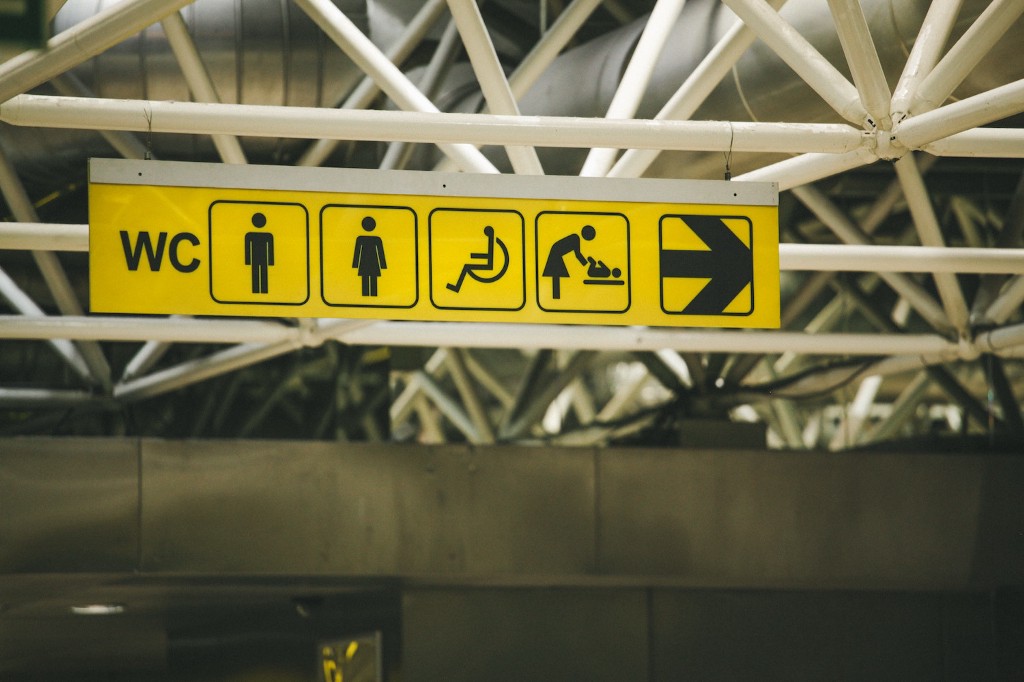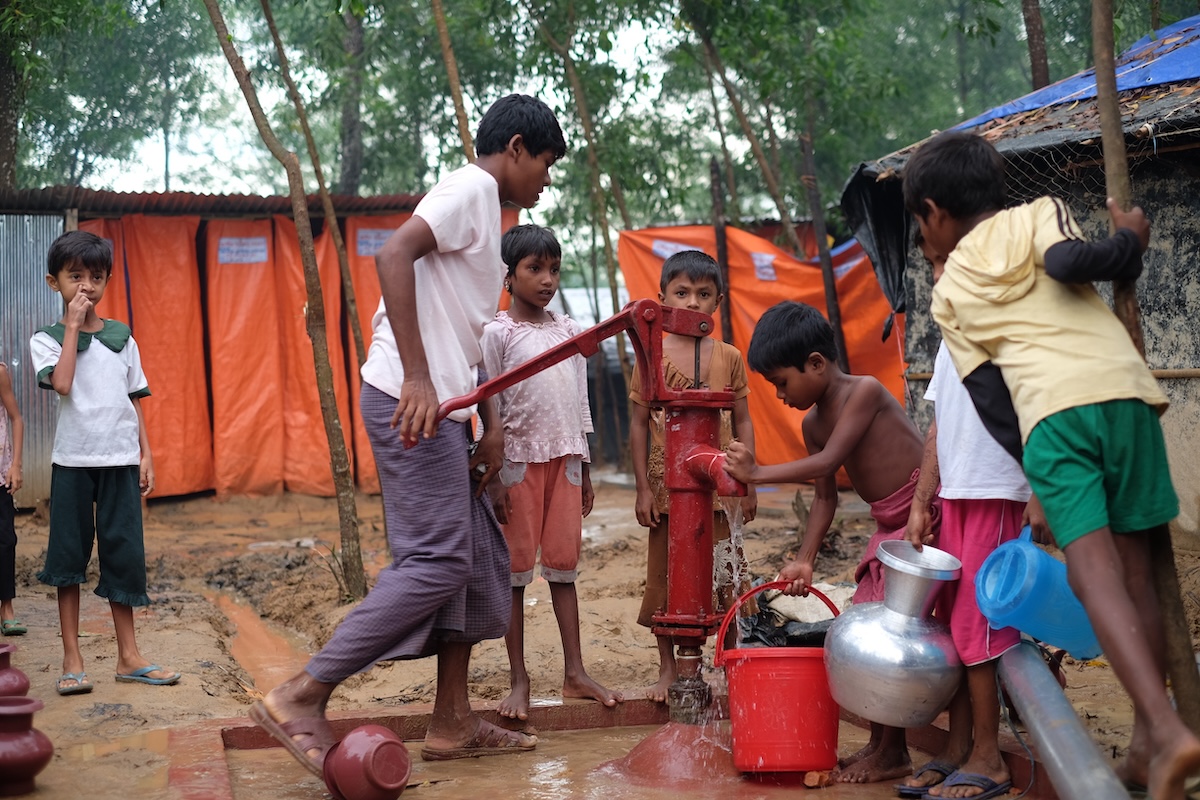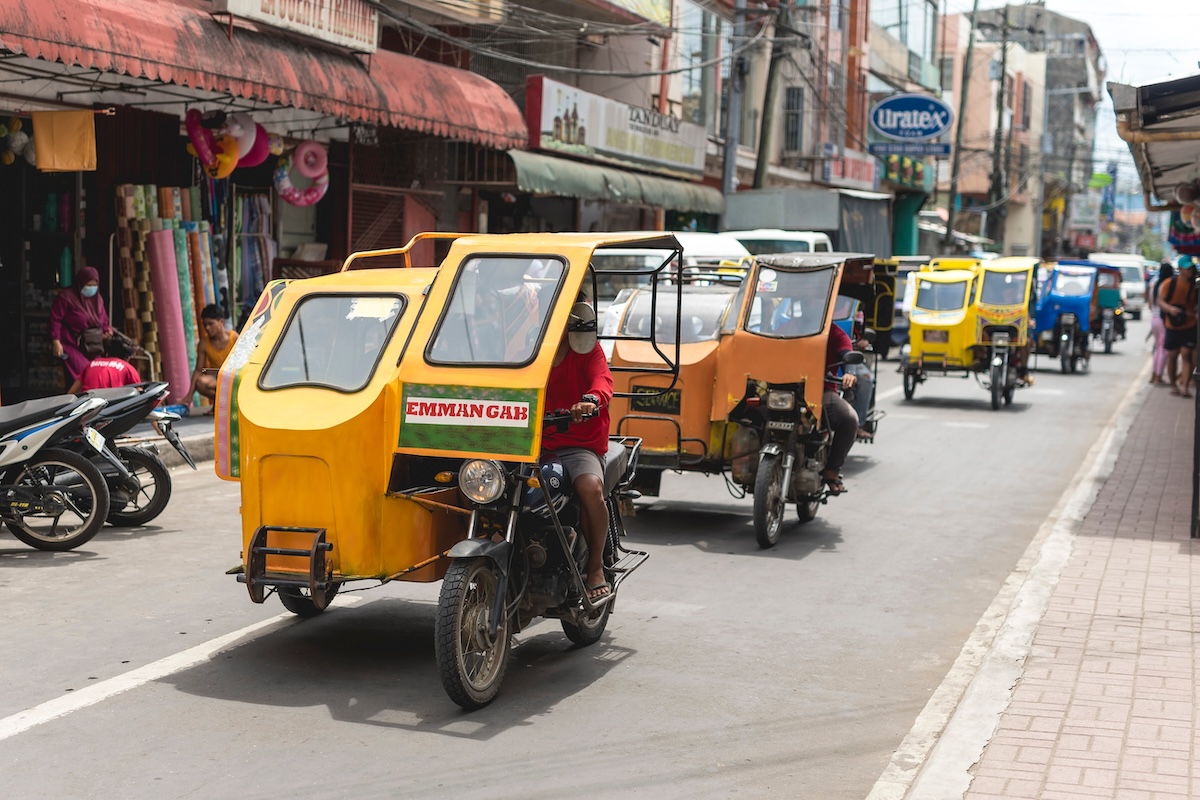India is starting to catch up to Rajeev Kher.
Kher set out in 1999 to tackle one of present day India’s biggest challenges — sanitation. Now, the country is racing to meet Prime Minister Narendra Modi’s deadline for ending open defecation in India by Oct. 2, 2019, Mahatma Gandhi’s 150th birthday.
A half-billion Indians still defecate in the open. The Modi government, along with state governments and the private sector, is pursuing a $20 billion plan to finance the installation of 111 million toilets.
Kher’s company, 3S India, is doing its share to meet the goal. The company provides 5,000 toilets to 10 million people, and collects and disposes of 155 million liters of liquid waste each year. The company’s technology helps users locate the nearest toilet and technicians monitor the units and service them promptly.

“We want people to have total sanitation; we want people to have dignity,” Kher said shortly after Modi announced Clean India, the campaign to improve sanitation and boost access to toilets and clean water. “I…think we will be able to provide better solutions by working with the government and enable them to partner with us to reach out.”
Kher and 3S were honored as Entrepreneur of the Year at the GSG Impact Summit in Chicago last week. The company aims to triple the number of people it reaches, to 33 million, and expand from to 15 cities in the next three years.
“GSG has recognized our work on an international platform,” Kher told ImpactAlpha. “We hope this honor can open doors to other impact investors who can help us learn and scale our model in other parts of the developing world.”
3S India, a brand of Saraplast, manufactures, installs and lends, and manages the waste of portable, recyclable-material constructed toilets. The firm contracts with municipalities, construction companies and event- and large pilgrim-site management firms in nine major Indian cities and eight states. It also sells advertising, placed on the inside and outside of the units, to firms interested in reaching India’s vast lower and middle classes.
In June, for example, for Pandharpur Wari — the annual pilgrimage that attracts more than a million pilgrims for the three-week, 150-mile walk from Alandi and Dehu to Pandharpur — the state of Pune turned to 3S to rent 1800 toilets. The firm is also working with the Pune government to turn seven scrap buses into portable sanitation stations for women.
More than toilets
As India is learning, it takes more than toilets to solve the sanitation crises. For 3S India, that has meant efforts to “normalize” toilet use. “One of our biggest challenges has been getting people to use the toilet,” says Nisha Devar, the firm’s technology manager. 3S often gives its toilets on loan free of charge and lets clients, such as construction companies, see the benefits before purchasing the service. “We’ve come a long way in the sanitation sector. We’ve had to raise awareness of the issue and change people’s mind set.”
Key to adoption is ease of use, says Devar. 3S has incorporated technology, for example, to enable users to locate the nearest toilet. 3s also has a digital system to monitor the location of its units and service them promptly and properly. The firm uses software to locate and dispose of waste with Germany-made suction pumps. This helps preserve the dignity of users and service technicians, says Devar, in a country still fighting manual scavenging––the caste-based occupation, not outlawed in India, of removing untreated human excreta from latrines. “We don’t compromise on quality,” says Devar.
The firm has raised a total of $2 million. Indian impact investment fund Aavishkaar (affiliated with Intellecap, this year’s GSG Honors Market Builder of the Year) backed Saraplast in 2009. In 2013, responsAbility, a Zurich-based asset manager and emerging markets impact investor, invested in Saraplast. The Bill and Melinda Gates Foundation and Michael and Susan Dell Foundation have also partnered with the firm to finance targeted installations and tech innovations.
3S is profitable with about $5 million in annual revenues. It’s now looking to raise more funding to manufacture 10,000 additional toilets and triple the number of people it reaches (to 32.5 million). It aims to expand from 9 to 15 cities by 2020, including to other emerging markets including some in Africa.
“If you don’t set ambitious targets and chart your progress, you end up settling for business as usual,” wrote Bill Gates in India Is Winning Its War on Human Waste. “In this case, business as usual would mean poor sanitation keeps killing more than half a million Indians every year.”
Since Modi’s speech Indians with access to proper sanitation has risen to 63 percent, from 42 percent in 2014. For 3S India, business is good.











